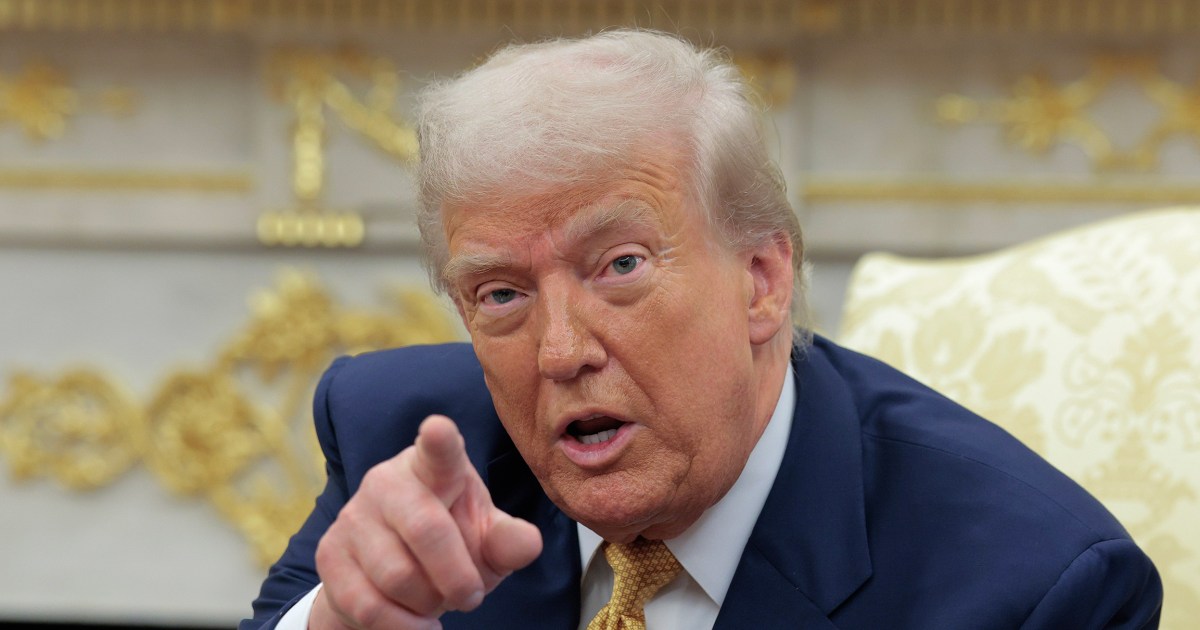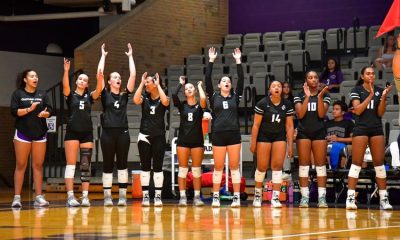President Donald Trump signed an executive order on Thursday that will prohibit third-party, pay-for-play payments and directs the Secretary of Labor and the National Labor Relations Board to clarify that athletes are amateurs and not employees, the White House announced. Titled “Save College Sports,” the executive order delivers on multiple items the NCAA has recently lobbied Congress for.
The NCAA and Power Five leaders have long pursued Congressional action on Capitol Hill, most recently with the introduction of the SCORE Act in the House. The executive order prohibits third-party, pay-for-play payments but “does not apply to legitimate, fair-market-value compensation that a third party provides to an athlete, such as for a brand endorsement,” according to the White House’s release. It is unknown what entity will have the authority to enforce the prohibition of third-party, pay-for-play payments included in Trump’s executive order.
An executive order streamlines some of the top items on the NCAA’s wishlist. The order “requires the preservation and, where possible, expansion of opportunities for scholarships and collegiate athletic competition in women’s and non-revenue sports.”
“The NCAA is making positive changes for student-athletes and confronting many challenges facing college sports by mandating health and wellness benefits and guaranteeing scholarships, but there are some threats to college sports that federal legislation can effectively address and the Association is advocating with student-athletes and their schools for a bipartisan solution with Congress and the Administration,” NCAA president Charlie Baker said in a statement.
“The Association appreciates the Trump Administration’s focus on the life-changing opportunities college sports provides millions of young people and we look forward to working with student-athletes, a bipartisan coalition in Congress and the Trump Administration to enhance college sports for years to come.”
The House v. NCAA settlement was officially approved last month, paving the way for institutions to share revenue directly with athletes and pay nearly $2.8 billion in backpay. Through the settlement, the NCAA and power conferences to create the newly-established enforcement arm, College Sports Commission.
House plaintiff attorneys reportedly reached a deal with the power conferences and NCAA officials earlier this week to treat collectives or any “school-associated entity” in a similar fashion as other businesses when determining the legitimacy of third-party NIL deals submitted to the CSC’s NIL Go clearinghouse.
“Within 30 days of the date of this order, the Secretary of Education, in consultation with the Attorney General, the Secretary of Health and Human Services, the Secretary of Education, and the Chairman of the Federal Trade Commission, shall develop a plan to advance the policies set forth in subsections (a)-(c) of this section through all available and appropriate regulatory, enforcement, and litigation mechanisms, including Federal funding decisions, enforcement of Title IX of the Education Amendments Act of 1972, prohibiting unconstitutional actions by States to regulate interstate commerce, and enforcement of other constitutional and statutory protections, and by working with the Congress and State governments, as appropriate,” the order states.
The NCAA has lobbied Congress for an antitrust exemption and state preemption, which President Donald Trump’s executive order does not address. Sources previously speculated to On3 that an executive order from Trump could include language barring athletes from being classified as employees. The National Labor Relations Board’s general counsel rescinded a Biden-administration memorandum in February. The Biden-era memo from the previous NLRB general counsel stated they viewed college athletes as employees of their institutions under the National Labor Relations Act.
Co-sponsors of the SCORE Act include seven Republicans and two Democrats, which gives the bill a fair chance of passage in the House. It would need at least seven Democratic votes in the Senate, where its chances are viewed as slim. The SCORE Act was successfully marked up by two committees in the House on Wednesday and was on track to be introduced following the summer recess.
“The President clearly has an interest in sports, big picture, has an interest in college sports,” SEC commissioner Greg Sankey said last week. “He’s been at our games. The notion of an executive order has been mentioned before. There were some reports of a commission or an executive order back to like, April, I think, is when that started to bubble. So we’ll wait and see.”


























































